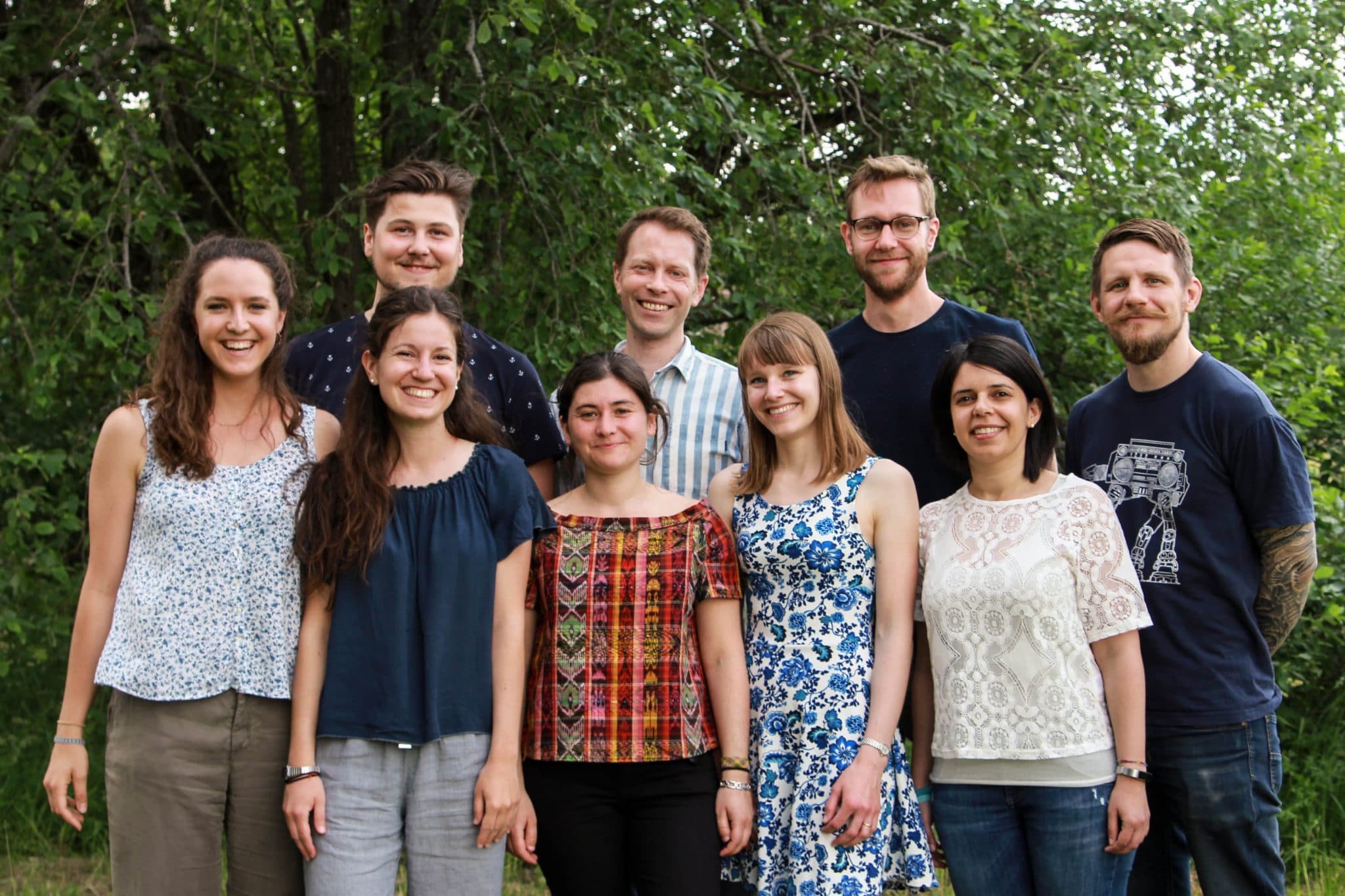
Research Interests
Gut infections constitute a leading cause of morbidity worldwide. Pathogenic enterobacteria, e.g. Salmonella, Escherichia, and Shigella species, account for more than half a billion disease cases each year. These bacteria can bind to and/or invade the epithelium of the intestinal mucosa, thereby eliciting gut inflammation. Antibiotic treatment has proven inefficient at clearing gut bacterial infections and may in some cases even increase bacterial shedding from an infected individual. Moreover, the heavy use of antibiotics in healthcare and agriculture has led to fast spread of resistance mechanisms among clinical isolates. Hence, there are both curiosity-driven and societal incentives to better understand the mechanisms driving gut bacterial disease.
Bacterium – host cell interplay has traditionally been studied in simplified cell culture settings. Such experiments have uncovered a wealth of potential biochemical interactions between microbe and host cell. However, to understand the underpinnings of a “real” gut infection, additional approaches are needed that more faithfully recapitulate the properties of the intact gut mucosa. The Sellin lab employs state-of-the-art organoid culture, combined with bacterial genetics and high-resolution live imaging, to study the mechanisms driving gut bacterial disease. We focus on clinically relevant enterobacteria, particularly Salmonella and Shigella species. The ambition is that our work will uncover the physiologically relevant mechanisms used by these pathogens to invade the intestinal mucosa and trigger gut inflammation.
Group members
Maria Letizia Di Martino – Researcher
Jens Eriksson – Researcher
Pilar Samperio Ventayol – Researcher
Jorik van Rijn – Post-doctoral fellow
Stefan Fattinger – PhD student
Viktor Ek – PhD student
Petra Geiser – PhD student
Christopher von Beek – PhD student
Eva Skovajsova – Research assistant
Alexandra Florbrant – Research assistant
